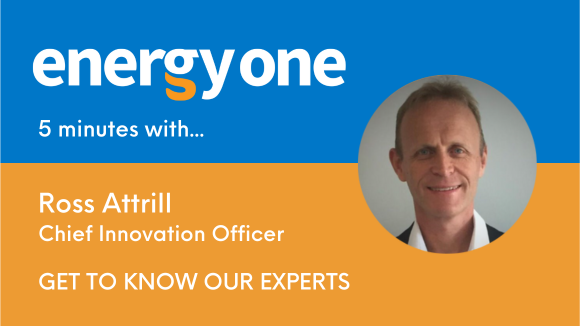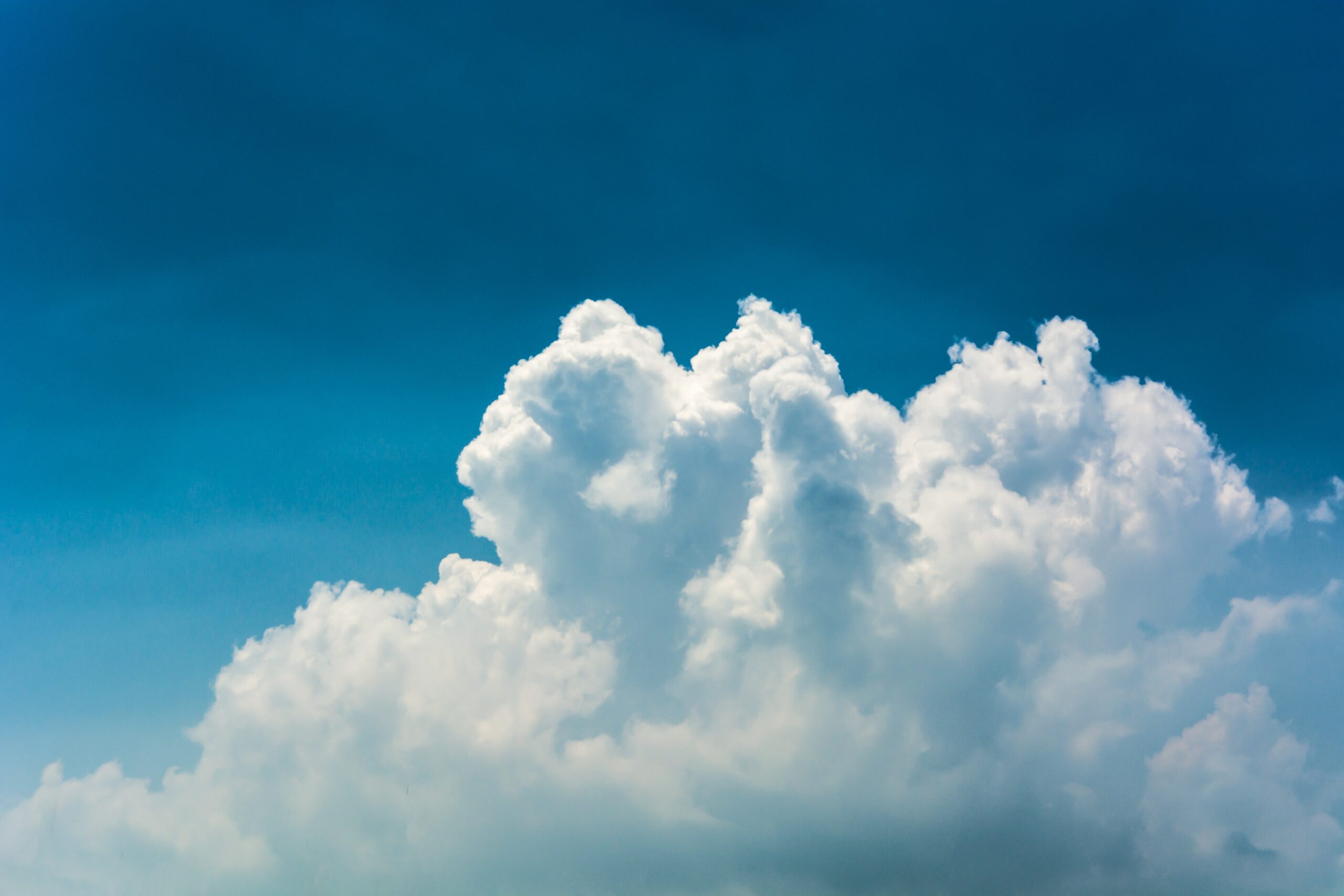Get to know Ross, who is based at Energy One’s Sydney office.
- Hi Ross, can you tell us about your role at Energy One and how long have you been here?
My role at Energy One is varied. I am particularly involved in product roadmap planning and product design, as well as sales and marketing as needed.
For the last year, I have been very much focused on our battery and auto-bidding solutions for Australia, as this is highly strategic for engaging with the energy transition.
I have been here for over 13 years – it is a great place to work.
- What did you do before joining Energy One?
Before Energy One, I worked in several different energy companies, including Origin Energy, Duke Energy International, Alinta Energy and Delta Electricity. I was mostly involved in designing, building and maintaining various trading systems covering electricity and gas. I also worked briefly for a start-up providing carbon accounting software.
- How important do you think Energy One’s services and offerings are to our customers?
Energy is a fundamental need. The historical means of satisfying this need – which was mainly baseload coal fired power stations – will no longer serve us. As such, the industry must go through a transition across all levels, including generation, storage, transmission and distribution, as well as regulation.
As this change occurs, Energy One is ideally placed to provide the best possible services and products to both existing energy market participants and the new entrants that will implement the required change. Our services and software can ensure that participants extract the maximum revenue from their assets while minimising risk – and as such strengthen the business case for the development of new assets.
Fundamentally, we are a small but vital part of ‘facilitating the renewable energy revolution’. It’s not just a slogan – it’s real.
- Could you share some of the biggest changes in the Australia energy market you have seen and their impact on software development at Energy One to meet that change?
At the beginning of my career, there was massive change in the industry. A bunch of new power stations had recently been built – especially in NSW – under very urgent conditions. The industry then underwent a huge transition with the introduction of the national market, replacing the previous state government monopoly-based operating arrangements.
The industry then stabilised. Things slowed and became boring. However, the last five years have finally seen rapid change again with the growth of renewable generation – both at the utility scale and residential – along with the big batteries.
Change is coming from both the big established companies – like Origin, AGL and Shell – but also critical are the large number of mid-scale and smaller market entrants. The scale of change required in the future will dwarf anything that has happened in the past.
From our software and services point of view, management of risk around financial products was much of what it was all about. However, increasingly, it will be managing the operation of controllable physical assets – like batteries – around the 5-minute market that will be key. All our EOL products – deal capture and settlements, analytics, market logistics and auto-bidding – will all need to work together in an integrated way to solve these new challenges.
To address the changing market, we need to be innovative, responsive and deliver with exceptional quality in our software and services.
- With so much industry knowledge and experience, what are your thoughts on Australia’s 82% national renewable energy target by 2030?
The goal is excellent, but nowhere near enough is being done to reach it. New developments in grid scale solar and wind have stalled. It is however very encouraging to see the high penetration of rooftop solar and the other changes that have happened to date.
The potential impacts of climate change on our ecosystem, society and economy are so massive that we cannot muck about any longer. As a society, we need to tackle this challenge with the same or greater level of commitment, investment and innovation as we did for Covid – and before that the two world wars.
- Thank you for your time! Just one last question: what do you do during your downtime?
Playing the saxophone, walking, dancing and doing my best to keep fit.


